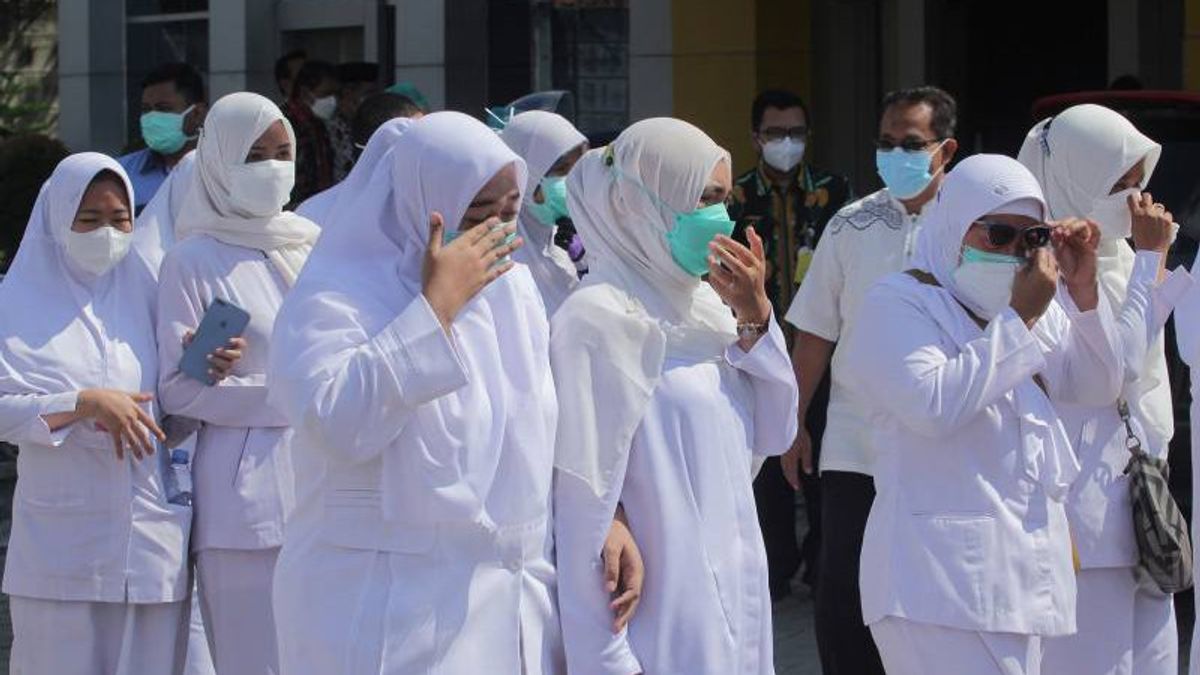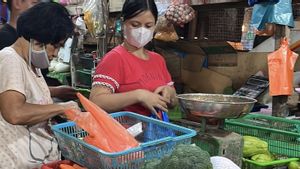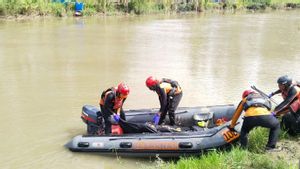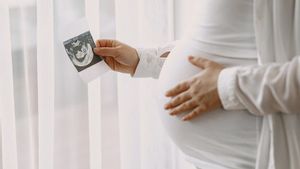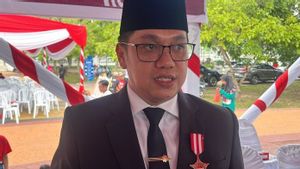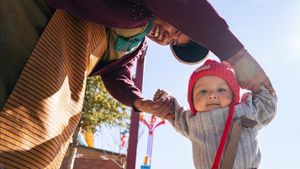BANJARMASIN - The birthing process carried out by traditional birth attendants was one of the topics discussed in "Socialization in Women's Organizations in the Context of W20" which was held in Banjarmasin both virtual and face-to-face meetings. W20 socialization said that one of the causes of the high maternal and child mortality rate in South Kalimantan is because the birth process for some mothers is still handled by traditional birth attendants. "Some people still believe that the birth process is handled by traditional birth attendants who are considered more experienced than health workers," he said in Banjarmasin Wednesday, March 2nd. Even though according to the provisions, he said, traditional birth attendants were no longer allowed to handle births, they could only act as companions, but not infrequently the influence of traditional birth attendants in the community was greater than that of health workers. "In the end, mothers who want to give birth prefer process to Births are carried out by traditional birth attendants, especially if the health workers are still relatively young, so residents think they are inexperienced," he said.
This condition makes the maternal and child mortality rate still relatively high in South Kalimantan until now. In addition, several regions have adopted quite good policies, such as in Hulu Sungai Selatan Regency, namely by sending their children from traditional birth attendants to midwife school, so that after graduation she can return to the village to replace her mother's duties. Based on data from the Health Office, the infant mortality rate (IMR) per thousand births from 2019 to 2021 is still 9/1000 births on average. The IMR decreased compared to 2016 which still reached 11/1000 births, and 2017-2018 of 10/1000 births. Especially in 2021, the highest IMR is in Hulu Sungai Tengah Regency (HST), which is 16 IMR, an increase compared to 2020 as many as 15 IMR and Hulu Regency North River (HSU) has 16 IMR, an increase compared to 2020's 13 IMR. Several things that have been done to overcome the still high IMR/AKI are increasing human resource capacity, improving program quality, strengthening nutrition education, strengthening management of nutrition interventions at puskesmas and posyandu. Furthermore, increasing access to maternal and child health services, improving the quality of health services, community empowerment and strengthening governance. The Webinar also featured resource persons Chair Women W20 Hadriani Uli Silalahi and Head of the Office of Women's Empowerment and Child Protection (DPPPA) Husnul Hatimah. , Chair Women W20 Hadriani Uli Silalahi said W20 would cooperate with engagement t group and working group at the G20 to ensure that women's empowerment and gender issues are included in the G20 Declaration. " said Uli in the webinar "Socialization in Women's Organizations in the Context of W20" which was attended in Jakarta. Uli explained that W20's mission is to form a commitment to eradicate discrimination, promote economic inclusion of women's MSMEs, increase access for rural women and women with disabilities and integrate health responses that are gender justice.
The English, Chinese, Japanese, Arabic, and French versions are automatically generated by the AI. So there may still be inaccuracies in translating, please always see Indonesian as our main language. (system supported by DigitalSiber.id)
